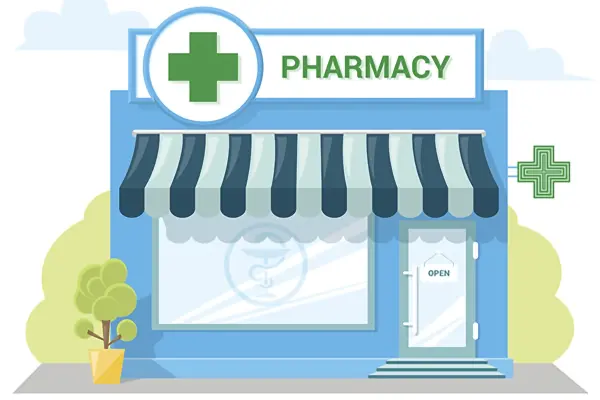We use cookies to help provide you with the best possible online experience.
By using this site, you agree that we may store and access cookies on your device. Cookie policy.
Cookie settings.
Functional Cookies
Functional Cookies are enabled by default at all times so that we can save your preferences for cookie settings and ensure site works and delivers best experience.
3rd Party Cookies
This website uses Google Analytics to collect anonymous information such as the number of visitors to the site, and the most popular pages.
Keeping this cookie enabled helps us to improve our website.
Practice News
All the latest news and information from the surgery and our patient community
 Women's Community Breakfast
North Cambridgeshire and Peterborough Care Partnership is running a Women’s Community Breakfast at Yaxley - 24 January
08/01/2026
Women's Community Breakfast
North Cambridgeshire and Peterborough Care Partnership is running a Women’s Community Breakfast at Yaxley - 24 January
08/01/2026
 Enrolling Adults 60+
Help to see if we can protect people against symptoms caused by the norovirus stomach bug with an investigational mRNA vaccine
09/12/2025
Enrolling Adults 60+
Help to see if we can protect people against symptoms caused by the norovirus stomach bug with an investigational mRNA vaccine
09/12/2025
 WorkWell
New programme called WorkWell is helping patients stay in work or move closer to employment. Read more
05/12/2025
WorkWell
New programme called WorkWell is helping patients stay in work or move closer to employment. Read more
05/12/2025
 Patient Newsletter
The new issue of the patient newsletter is out now
25/11/2025
Patient Newsletter
The new issue of the patient newsletter is out now
25/11/2025
 Our New Patient Services Manager
Charlotte Leonard, the new Patient Services Manager at New Queen Street and Stanground Surgeries does her utmost to resolve patient concerns.
25/11/2025
Our New Patient Services Manager
Charlotte Leonard, the new Patient Services Manager at New Queen Street and Stanground Surgeries does her utmost to resolve patient concerns.
25/11/2025
 Fit Note pilot scheme launches in South Peterborough PCN
A pilot scheme, means First Contact Physiotherapists will be able to issue fit notes to patients with musculoskeletal. Read more...
03/11/2025
Fit Note pilot scheme launches in South Peterborough PCN
A pilot scheme, means First Contact Physiotherapists will be able to issue fit notes to patients with musculoskeletal. Read more...
03/11/2025
 Carers Event
South Peterborough PCN holds special event for local carers. Read more...
14/10/2025
Carers Event
South Peterborough PCN holds special event for local carers. Read more...
14/10/2025
 October is Breast Cancer Awareness Month
October is Breast Cancer Awareness Month, a time to show support for everyone affected by breast cancer
09/10/2025
October is Breast Cancer Awareness Month
October is Breast Cancer Awareness Month, a time to show support for everyone affected by breast cancer
09/10/2025
 Pharmacy First
Community pharmacies can now treat seven common conditions without needing a GP appointment. Read more...
08/10/2025
Pharmacy First
Community pharmacies can now treat seven common conditions without needing a GP appointment. Read more...
08/10/2025
 GP Talks Shortlisted for National General Practice Award
We are delighted to share that our GP Talks programme has been shortlisted for the Clinical Improvement: Public Health Award. Read more...
02/10/2025
GP Talks Shortlisted for National General Practice Award
We are delighted to share that our GP Talks programme has been shortlisted for the Clinical Improvement: Public Health Award. Read more...
02/10/2025
 Consider joining the MOVe-NOW clinical study
Researchers are testing an investigational medicine for COVID-19. Read more...
02/10/2025
Consider joining the MOVe-NOW clinical study
Researchers are testing an investigational medicine for COVID-19. Read more...
02/10/2025
 Know Your Numbers Week
Get your blood pressure checked
10/09/2025
Know Your Numbers Week
Get your blood pressure checked
10/09/2025
